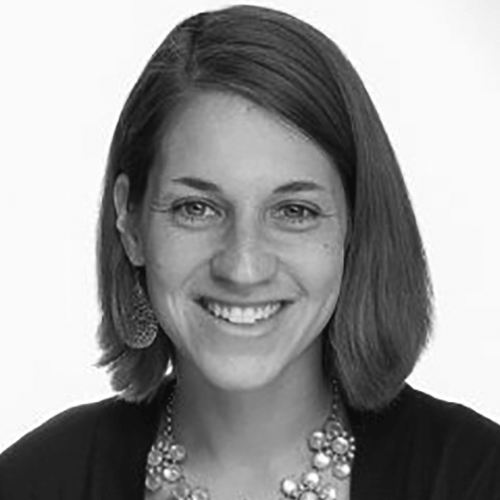
Devin Rose
Public Information Assistant, American College of Surgeons
It’s no secret that, historically, progress has been slow for women who choose a career in surgery. However, the tide has been turning in recent years. More women have been advancing into leadership positions in research, academic institutions, and medical societies — many times as a result of the support they’ve received from other female surgeons.
A “watershed moment”
Women entering leadership roles in the surgical profession today are part of a “watershed moment” that should be celebrated, said Susan Pories, MD, FACS, an associate professor of surgery at Harvard Medical School, medical director of the Hoffman Breast Center at Mount Auburn Hospital in Cambridge, Massachussets, and member of the American College of Surgeons (ACS) Board of Governors.
Dr. Pories recently coauthored an article in the Annals of Surgerydescribing how far women have come in the surgical profession and offering suggestions for increasing their representation in the future. She explained that mentorship, sponsorship, and coaching — from both women and men — are all necessary components to helping women rise in the profession.
Mentors can provide career advice, help mentees navigate challenges, or just give mentees a space to vent without judgment, Dr. Pories said. A sponsor can be similar to a mentor, but a sponsor also advocates for the person he or she is helping by recommending them for open positions and other advancement opportunities. Coaches teach skills like self-confidence and negotiation.
Dr. Pories said that the benefits from these roles are especially important to underrepresented women of color. “They are really the ones that need encouragement because they’re fighting not only the barrier of gender but also of race,” Dr. Pories said. “I think a lot of times advancement for them doesn’t come without help from somebody else, and it has to be deliberate. We all have to play a part in that.”
Help from above
Dr. Pories is the Chair of the ACS Women in Surgery Committee, which has offered a year-long mentorship program for female surgeons since 2014. The program pairs senior faculty mentors with junior faculty mentees who have been in practice for less than five years. Dr. Pories said that the mentees feel that having other women mentor them is especially valuable.
She added that ACS has many resources available to help women navigate surgical careers. Patricia Turner, MD, FACS, Director of ACS Division of Member Services, said this support for female surgeons is important because more than half of medical students are now women.“We want to support all who are or will be our colleagues,” Dr. Turner said about the ACS. “This means mentoring, advising, and advocating for women at every stage of their surgical career.”



